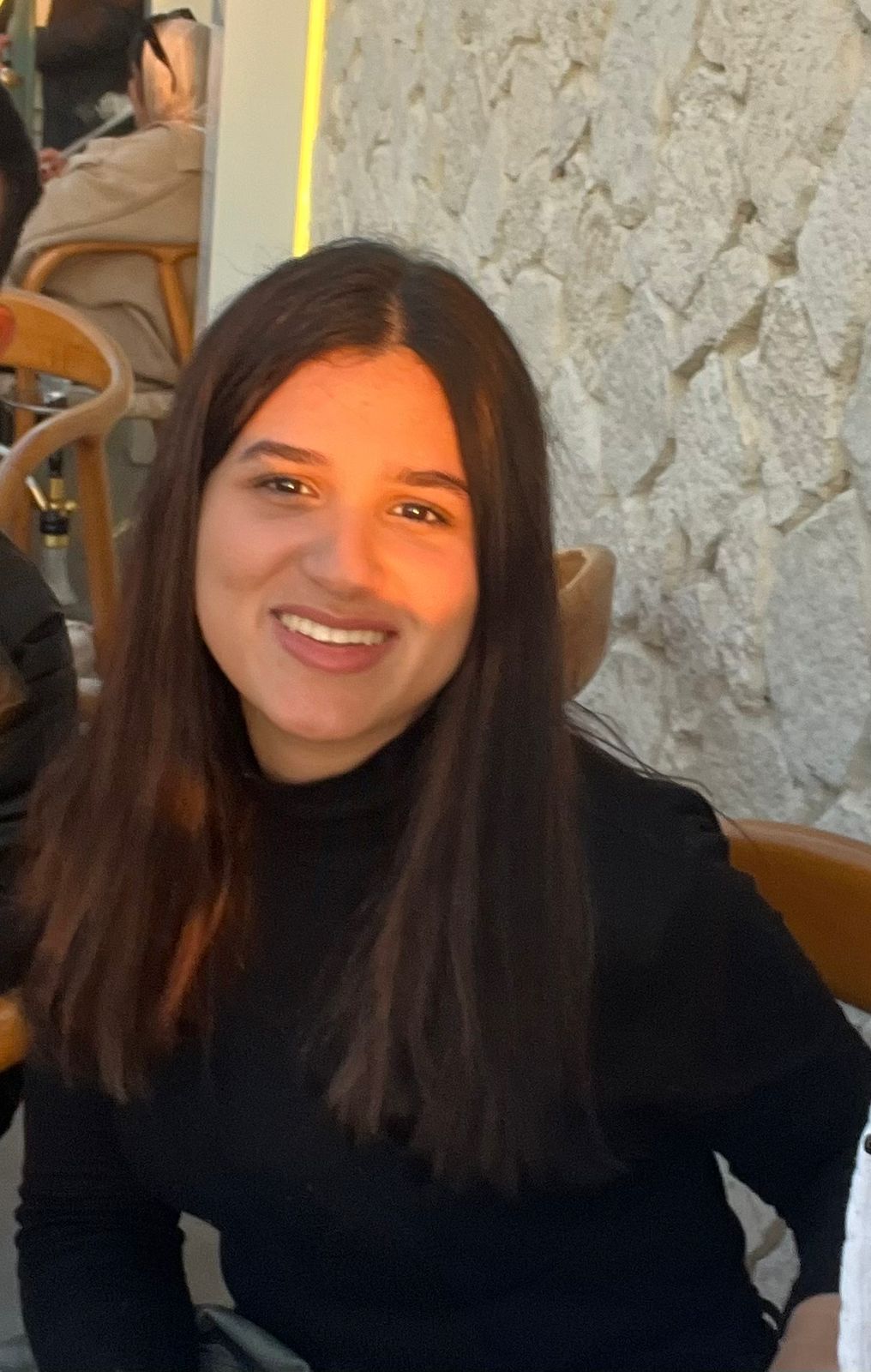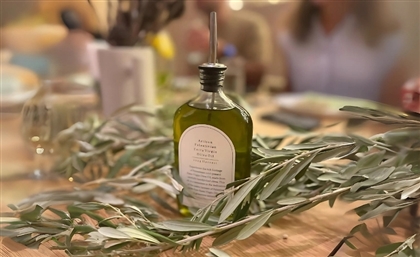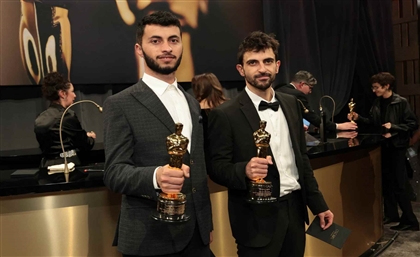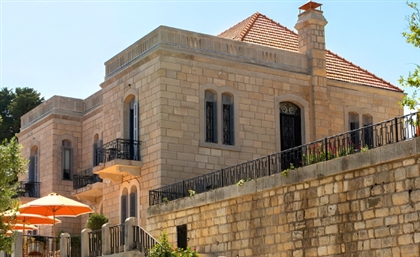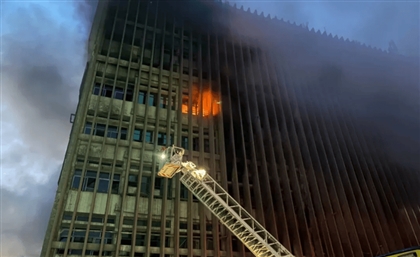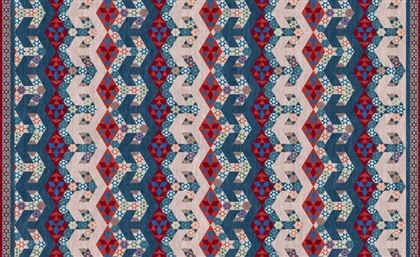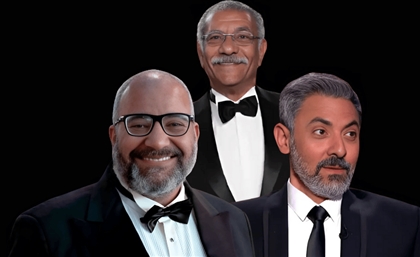How Dubai-Based Chef Halawa Built a Palestinian Kitchen That Feels Lik
Without culinary training, Ahmed Halawa stumbled quietly, through intimate supper clubs, to becoming one of the most evocative culinary voices in the Levantine diaspora.
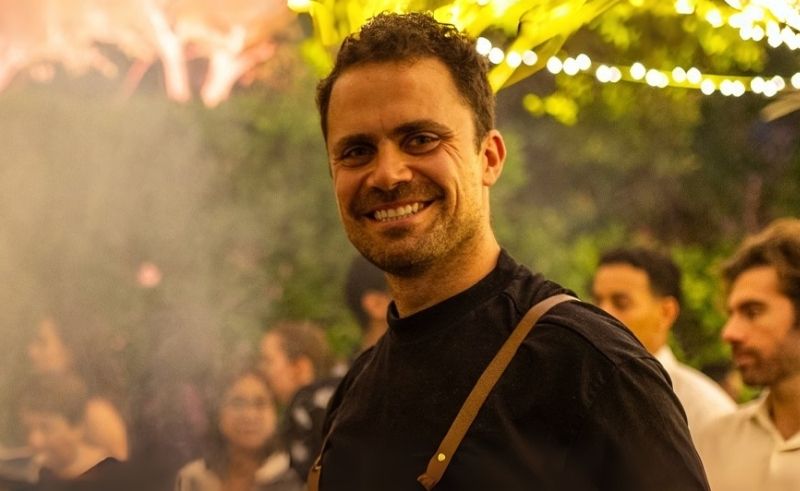
There’s a theory—more of a scientific, physiological truth but utterly seductive nonetheless—that our most enduring memories are taste-bound. Our hippocampus, that anxious little seahorse in our skull, goes into overdrive when scent and flavour collide with emotion. That’s why one bite of something—a skillet the exact way your grandmother makes it, or a hint of cardamom in an otherwise unremarkable cup of tea—can unleash a tidal wave of memory and nostalgia.
Before there was language, there was flavour. Before identity had a name, it had a taste.
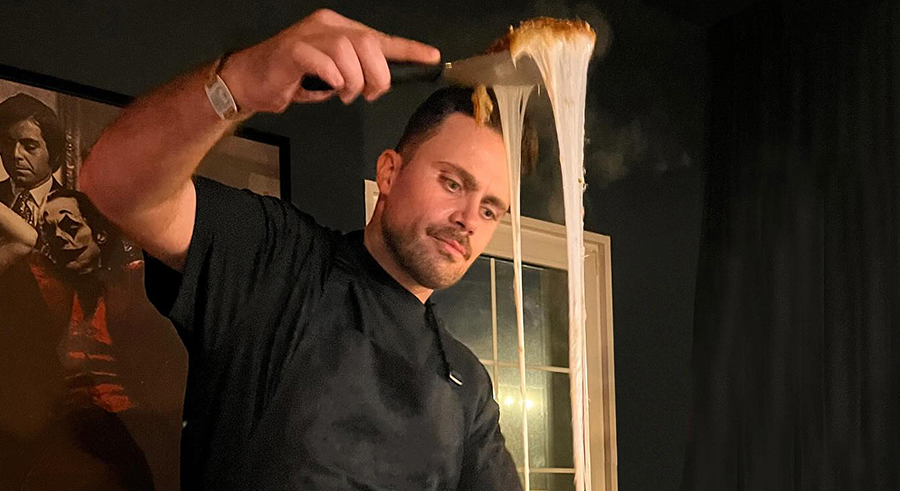
For one little boy in Jordan, that first flicker of something sacred was a potato. Not just any potato. A whole one. Raw, dusty, a little too big for his small hands, and gloriously unwashed. He was four, maybe five. Playing in a garden, far from the land he’d never been allowed to enter but always carried in his name—Palestine. With a solemn determination only a child can muster, he wrapped the potato in aluminium foil, dug a hole in the earth, dropped in smouldering charcoal, and buried it all. From then on, food became a form of play. Of power. Of presence.
The kitchen became his first laboratory. A space where memory, flavour, and identity simmered long before he had words for any of it.
But Chef Halawa's journey would prove to be anything but linear.
When he moved to Cairo for university, the flavours of home went quiet. “I missed the food I grew up with so much that I started making it,” he shares with SceneNowUAE. But there were no recipe PDFs in the family WhatsApp group. No video tutorials from Teta. Just muscle memory and intuition.
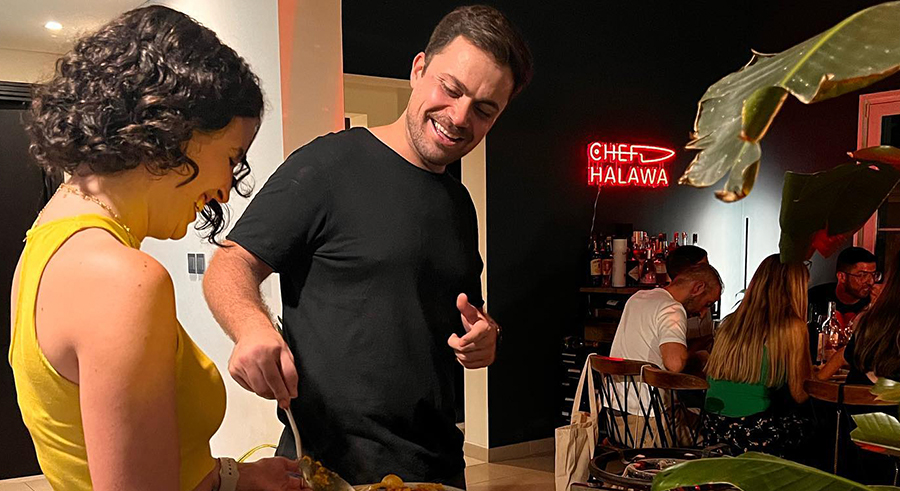
After university, life ushered him into the UAE and the world of marketing: corporate clients, crisp pitches, brand ladders, strategy. The title looked good on paper. The work paid the bills. But inside, something was drying out.
He didn’t quit—not immediately. For a year and a half, he did the brave, excruciating in-between.
By day, he sat in boardrooms chasing KPIs and KPAs. By night, he was somewhere else entirely: cast-iron pans, candle wax, and cumin. “I thought: what's the worst that could happen?"
And so, the kitchen table became his confessional. Supper clubs became portals. And somewhere between the olive oil and the za’atar, something aligned.
The dinners began small—intimate, quiet affairs where stories passed as freely as the olive oil.
Then word spread, and the small communal tables slowly turned into pop-ups, handcrafted product lines, and catering events, where authentic food, made with Palestinian soul, took center stage. The settings may feel elevated now—crisp tablecloths, curated playlists, flickering candlelight—but the recipes remain reverent. “I try to keep the flavours as close to what I grew up with as possible,” he says. “At the same time, I recognise that Palestinian food itself is fluid—it changes across towns and families. So I’m not afraid to adapt as long as the soul is still there.”
From the start, Chef Halawa’s goal was to preserve the original flavours of his heritage. And along the way, he managed to create a home—if only for a few hours. A home where guests are encouraged to talk, to linger, to tell stories they’d never share at the office, or even with close friends.
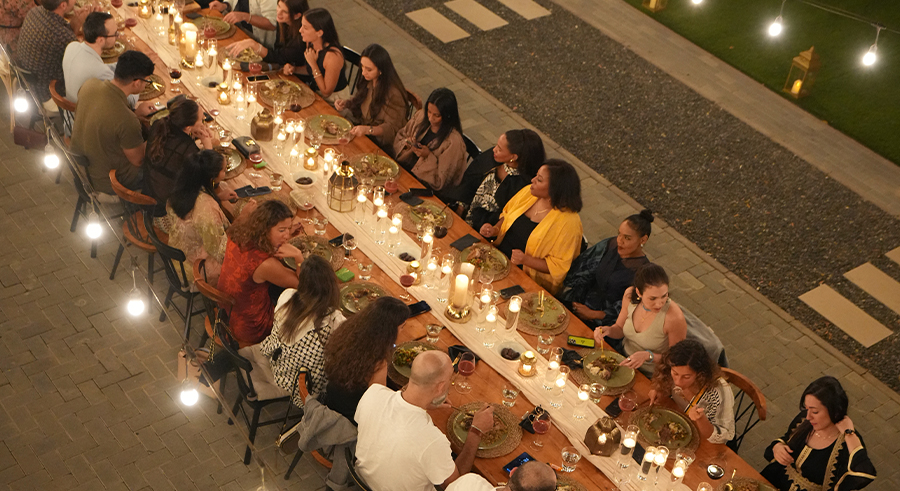
"Sometimes the playlists lean jazzy. Sometimes it’s Deep House. It’s not always dabke or Fairuz, and that’s intentional. People expect us to be one-dimensional, But we’re not. Our culture—like our food—is layered, shifting, and alive."
Without any formal training, Chef Halawa became an archaeologist of flavour and connection. And while viral moments—like flipping ma'lubas with Mo Amer whilst hosting a Netflix event and receiving online praise from Bella Hadid for his kunafe—may have amplified his platform, he continues to deflect the glitz. “I tasted it. I don't care that much for it. All I want is to share our Palestinian stories.”
In an era of culinary fusion, Chef Halawa's unwavering authenticity feels revolutionary—a quiet insistence on heritage as the ultimate innovation. And his upcoming, instantly sold-out New York supper club proves that a hunger for this kind of bold and delicious truth-telling exists. That heritage isn’t always found in the soil you stand on, but in the flavours you carry within.
Yet, beyond the global resonance with his flavourful mission, what truly sets this culinary tale apart is just the simple fact that in a world of displacement, Chef Halawa decided to build a nation in his kitchen. And, perhaps bravest of all, he decided to invite everyone to the table.
- Previous Article ValU Secures CBOJ Nod to Launch BNPL Services in Jordan
- Next Article The Medieval (But Make It MENA) Edit
Trending This Week
-
Jul 09, 2025







